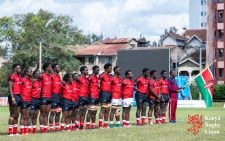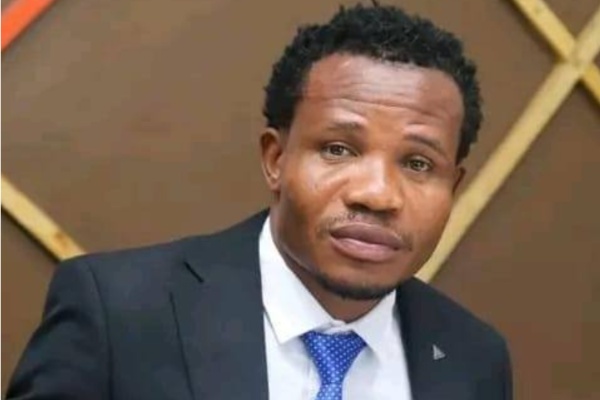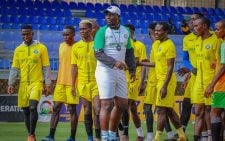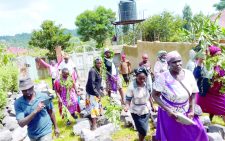‘Slow down’ campaign seeks to curb holiday road deaths
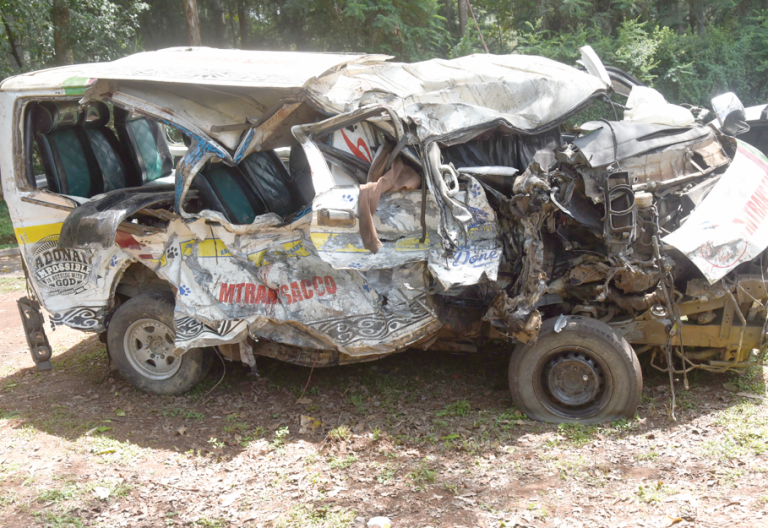
Mary Wanja, 35, vividly recalls the day her life was turned upside down.
A matatu hurtling down a road at breakneck speed crashed, leaving her husband permanently disabled. For Wanja, a resident of Likoni, Mombasa, the tragedy serves as a haunting reminder of how a moment’s thrill can forever alter lives.
“It was just a normal day. We were traveling together when there was a loud bang,” she recounts.
“At the hospital, doctors broke the news — my husband would never walk again. I was devastated. Suddenly, I became the breadwinner, caring for my paralysed husband and our family.”
Wanja’s story echoes that of Ruth Machocho, whose life changed in a flash on Mombasa’s Old Malindi Road. A speeding truck struck her, taking out her a leg. Today, a prosthetic limb serves as a permanent reminder of the crash.
“Losing my leg ended my career as a model,” Machocho says. “Now, I advocate for road safety, urging everyone to slow down. Speeding kills, and no one should have to endure what I have.”
In response to such harrowing stories, the Mombasa county government, in partnership with the National Transport and Safety Authority (NTSA) and the National Police Service (NPS), has launched a road safety campaign called ‘Slow Down, Speeding Ruins Lives’.
Supported by Vital Strategies under the Bloomberg Philanthropies Initiative for Global Road Safety, the campaign aims to curb the high number of road crashes attributed to speeding.
Unveiled on December 10, it emphasises safe driving practices, especially during the festive season when road travel peaks.
Using radio, television, digital platforms, and billboards in multiple languages, the campaign aims to reach as many people as possible. Drivers will also be encouraged to sign pledges committing to safer driving practices.
To complement awareness efforts, the NTSA plans to deploy advanced speed enforcement detection devices on major roads. These devices will monitor and penalise motorists violating speed limits.
NTSA director Cosmas Ngeso stressed the importance of technology in reducing crashes, injuries, and fatalities.
“Motorists caught flouting regulations will face hefty fines or court appearances,” Ngeso warned when the campaign was launched in Mombasa.
Coast Regional Traffic Commander George Kashmir echoed these sentiments, citing reckless driving, unroadworthy vehicles, and drug abuse as the primary causes of road crashes.
“Police will be vigilant, ensuring road users comply with regulations. Even roadside parking will not be tolerated,” Kashmir asserted.
The campaign is not just about enforcement but also about behaviour change. NTSA’s road safety and strategies manager, Samuel Musumba, noted the need for drivers and passengers to embrace safer habits.
“December is a dangerous month on our highways,” he said.
Poor road design is a contributing factor, said said Global Designing Cities Initiative liaison Diana Laboso, who is an engineer. “Our roads prioritise motorists, leaving pedestrians and cyclists exposed,” she noted.
Human cost
Beyond the numbers, Coast General Teaching and Referral Hospital orthopaedic surgeon Bernard Odhiambo sees the human cost of road crashes daily. Mishandling crash victims often worsens injuries, especially spinal and neck fractures, he said.
“Proper first aid is critical,” Odhiambo said. “Improper handling can turn a manageable injury into a life-threatening one.”
The language used can shape public perceptions, said Kevin Ismael, a communications officer with Bloomberg Philanthropies road safety initiative.
“When we call these incidents ‘crashes’ instead of ‘accidents,’ we acknowledge their preventability,” he explained.
“This shift holds drivers and road agencies accountable, encouraging safer behaviour and better infrastructure.”
Bloomberg Philanthropies’ road safety campaign is meant to entrench this message through media training across the country for journalists.

